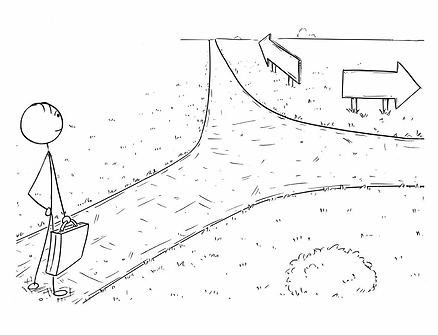
Lucie RAMET
Acceptance and Commitment Therapy (ACT)
My training
As the cornerstone of my therapeutic practice, I rely on evidence-based approaches such as Cognitive and Behavioural Therapy (CBT) and Acceptance and Commitment Therapy (ACT).
I have engaged in numerous ACT training and foundational courses, focusing on utilizing ACT with individuals across various age groups and life stages (parenting, adults, adolescents, and children). These trainings have been conducted by esteemed professionals such as Dr. Steven C. Hayes, the originator of ACT and one of its key co-developers.
I continue to develop my expertise by regularly participating in advanced courses focused on the application of ACT to specific clinical situations such as Grief, relationship difficulties in couples, sleep disorders, etc.
Committed to promoting and advancing Acceptance and Commitment Therapy, I am a member of the Association for Contextual Behavioral Science (ACBS).

ACT Therapy - Definition et benefits
ACT is part of the third wave of Cognitive-Behavioral Therapies (CBT): two evidence-based approaches relying on scientific evidence.
ACT empowers individuals to make lasting changes and cultivate an authentic and meaningful life.
Acceptance and Commitment Therapy (ACT) is a powerful therapeutic approach that merges mindfulness, acceptance, and behaviour-change strategies to foster psychological flexibility and overall well-being. In our sessions, we will focus on more than just alleviating symptoms. ACT invites you to fully embrace your experiences and commit to living a rich, meaningful life.
Benefits of ACT Therapy:
ACT has been shown to be effective for a variety of problems, including anxiety, depression, mood disorder, relationship issues, sleep disorders, chronic pain, and addiction.
While ACT is considered a brief therapy (most patients see considerable results within 12 to 16 weeks), the skills and knowledge gained have long-lasting effects. Clients develop greater self-awareness, improved emotional regulation, and increased resilience in the face of adversity, which persist long after therapy ends.
People also report: feeling empowered in their lives, increased self-confidence and trust in their decisions, the ability to be more connected with the present moment, improved relationships with others, and a reduction in suffering and rumination.
ACT in a nutshell: Key concepts
ACT is a collaborative process. The therapist and client work together to develop a plan of action that is tailored to the client's individual needs.
ACT is experiential: the therapist engages the client in a variety of exercises and activities that are practiced both during sessions and in their daily lives. These practical experiences enable clients to develop new skills and effectively apply them to real-life situations. By actively participating and committing to the process, clients can make significant changes in their lives.
Embracing Mindfulness and Acceptance:
Mindfulness plays a pivotal role in ACT. I will introduce you to mindfulness practices that involve being fully present in the moment, without judgment. By cultivating mindfulness skills, you will learn to observe your thoughts and emotions without becoming entangled in them. This heightened awareness empowers you to respond to life's challenges more effectively and consciously rather than react automatically.


Another fundamental aspect of ACT is acceptance, which means acknowledging and making room for uncomfortable thoughts and emotions, rather than trying to suppress or control them. We will explore ways to embrace acceptance as a means to reduce psychological distress and increase your psychological flexibility.

Cognitive Defusion Techniques:
Another key practice in ACT is cognitive defusion. Together, we will identify unhelpful thought patterns and develop techniques to distance yourself from them. This process allows you to relate to your thoughts differently, reducing their impact on your emotions and behaviours.

Values Clarification and Committed Action:
An essential part of ACT involves clarifying your core values. We will work together to identify what truly matters to you in life and how you want to live in alignment with those values. By establishing a connection between your actions and values, you can cultivate a sense of purpose and
fulfillment. I will support you in setting achievable goals
and taking committed actions that bring you
closer to living the life you desire.